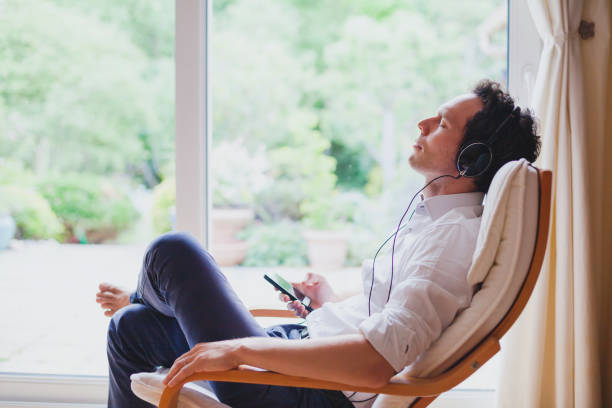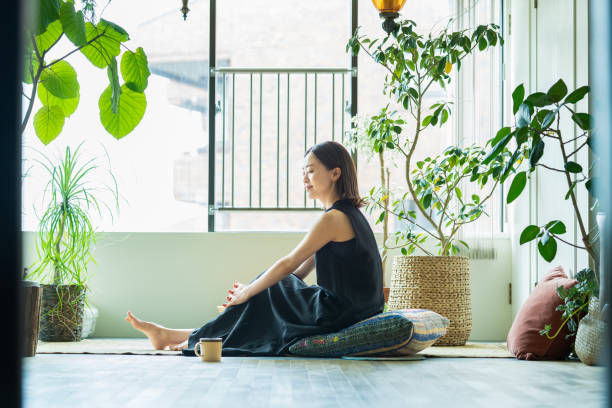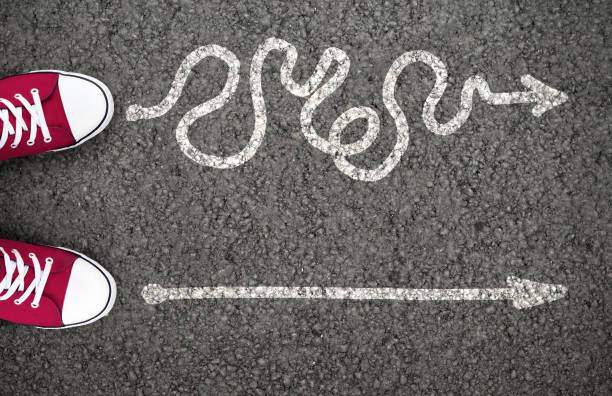Table of Contents
In our modern world, characterized by constant busyness and a relentless pursuit of material possessions, minimalism offers a refreshing counterpoint. This philosophy encourages intentional living, focusing on what truly brings value and discarding the excess. By decluttering your physical and mental spaces, minimalism can lead to increased happiness, reduced stress, and a deeper sense of fulfillment.

Understanding Minimalism
Minimalism is not about deprivation or asceticism. It’s a conscious choice to prioritize experiences over possessions, quality over quantity. The goal is to simplify your life, freeing up mental and physical space to focus on what truly matters.
Benefits of Minimalism
- Reduced Stress and Anxiety: Clutter can contribute to feelings of overwhelm and anxiety. By decluttering your surroundings, you create a calmer and more peaceful environment.
- Enhanced Focus and Productivity: Fewer possessions mean less to manage and maintain, allowing you to concentrate on what’s truly important. This can lead to increased focus, productivity, and overall efficiency.
- Financial Freedom: Minimalism can help you save money by reducing unnecessary spending. This can lead to greater financial security and peace of mind.
- Environmental Impact: Consuming less has a positive impact on the environment. By reducing your consumption, you contribute to a more sustainable future.
- Greater Appreciation for Possessions: When you have fewer possessions, you tend to appreciate them more. This can lead to a deeper sense of gratitude and satisfaction.

Embracing a Minimalist Lifestyle
- Start Small: Begin by decluttering a small area, such as a drawer or closet. This will give you a sense of accomplishment and motivate you to continue.
- Ask Yourself Questions: Before acquiring a new item, ask yourself if it truly adds value to your life. Consider whether you already have something similar, if it will be used regularly, and if it aligns with your values.
- Prioritize Experiences: Invest in experiences that bring you joy and fulfillment, rather than accumulating possessions.
- Practice Gratitude: Cultivate a sense of gratitude for what you have, rather than focusing on what you don’t. This can help shift your perspective and foster contentment.
- Declutter Regularly: Make decluttering a regular habit. Go through your belongings periodically and get rid of anything that no longer serves you.

Conclusion
Minimalism is more than just a trend; it’s a lifestyle choice that can lead to a more fulfilling and meaningful life. By decluttering your physical and mental spaces, you can reduce stress, increase focus, and cultivate a deeper sense of gratitude. Remember, minimalism is not about deprivation, but about choosing what truly matters and living with intention.

